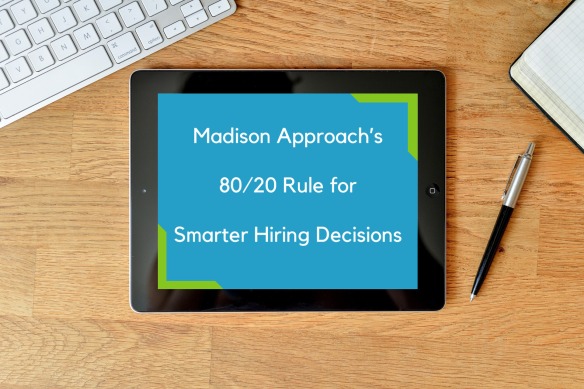
There was a time when you could offer promising job candidates high salaries, corner offices and other materialistic perks and be guaranteed that they’d join your company. These days, many young professionals look for a corporate culture that rewards personal and workplace values over monetary gains.
Millennials generally want to make positive contributions to society and feel like their work is important to the world, not just to a corporation’s bottom line. Moreover, many yearn to be creative, avoiding rigid hierarchies in favor of environments where everyone can offer ideas.
The Influence of Start-Ups
Start-up companies frequently embrace such beliefs. It’s little wonder, then, that so many recent graduates flock to these establishments. Start-ups commonly give new employees major responsibilities and the authority to control funds.
Many of these businesses are starting to offer incentives that will attract talent in their job descriptions. For example, employers will offer paid time off for their employees to volunteer for their favorite charity. Or employers will give an in-kind contribution when employees donate to a cause.
The Strength of WBEs
Every day, women launch more than 1,000 businesses in the United States. Between 1997 and 2015, the total number of such companies went up 74 percent. As a result, about 46 percent of private American companies are now either half, mostly or completely owned by women.
What accounts for the staggering success of women’s business enterprises (WBEs)? Female executives tend to be excellent managers: confident, savvy and extremely knowledgeable about their industries. At the same time, they frequently assist one another, and sometimes they even help out their competitors.
In addition, women are often supremely efficient, knowing just how much time to give to various tasks. Perhaps they possess a special intuition because they’re used to juggling a great many responsibilities in their professional and personal lives.
Since many female business owners pursue bold goals while maintaining their integrity, they especially appeal to millennials.
Values in Your Office
No matter what business you’re in, your company can attract those who crave workplace values. Consider your job opening advertisements: In those ads, stress your overall mission and the specific ways your firm improves people’s lives.
To the greatest extent possible, give your employees decision-making power. Also, encourage staff members of all ages and experience levels to collaborate with one another, and always be transparent in terms of the corporate strategies you pursue. By making these moves, you might do more than entice millennials. You might find yourself falling in love with your work all over again.



